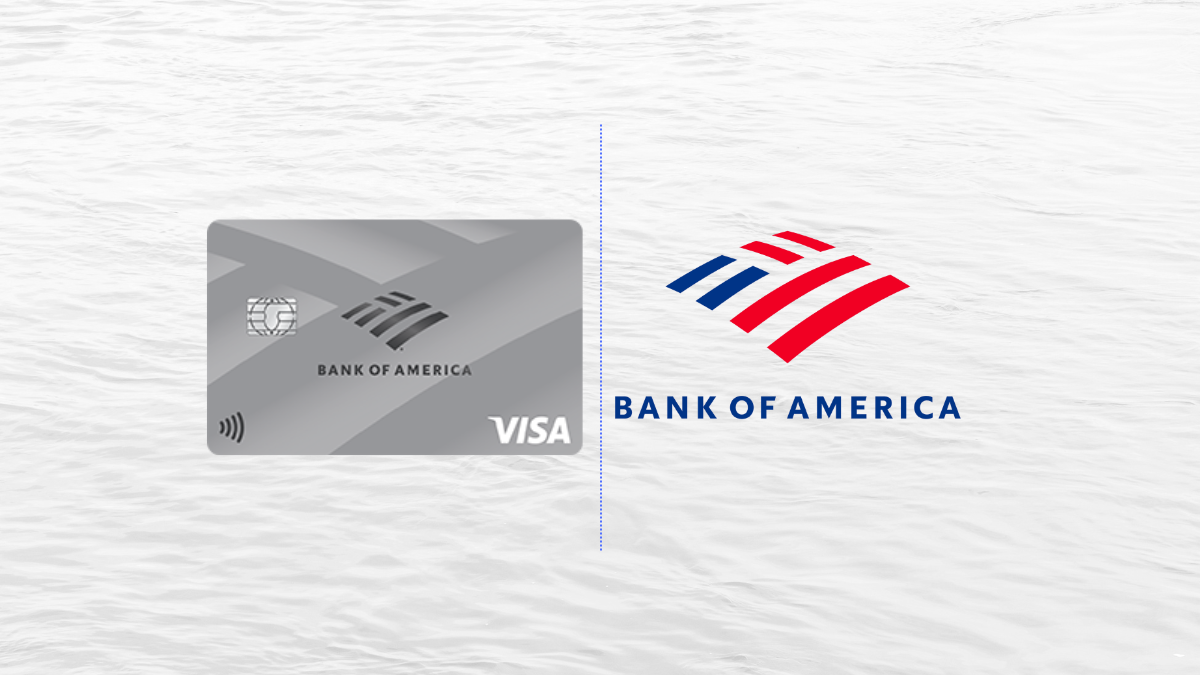Finances
750 credit score: what does it mean?
Want to increase your buying power, qualify for the best loans, and get access to more rewards? Having a 750 credit score is key. Read on and learn!
Advertisement
Understand the importance of a good credit score

A credit score indicates one’s fiscal responsibility to repay debt. With a 750 credit score, you are considered to have the highest possible rating in the eyes of lenders.

The impact of your score on your mortgage rate
Your credit score has a great impact on the mortgage rates you pay. Understand how this number may affect your chances of getting a loan and how to improve it. Read on!
Discover 10 easy tips to achieving a 750 credit score or higher, and learn the advantages of it. Keep reading!
You will be redirected to another website
You’ll receive messages for less than 1 week, with a maximum of 1 message per day. You can unsubscribe anytime by replying STOP. By submitting this form, I confirm that I am 18+ years old and agree to the Privacy Policy and Terms and Conditions. I also provide my signature, giving express consent to receive informational messages via automated emails, SMS, MMS text messages, and other forms of communication. Message frequency may vary as part of our good-faith effort to respond to your inquiry. Message and data rates may apply. Text STOP to cancel. I understand that my consent to receive communications is not a condition of purchase and that I may revoke my consent at any time.
Advertisement
Is it good to have a 750 credit score?
So, what does a 750 credit score mean? It essentially says that you have an excellent level of credibility when it comes to your financial transactions.
Your three-digit score reflects how trustworthy you are in terms of handling money and being financially responsible.
It is based on your credit history, payment history, credit utilization, and other factors. Check it out:
- Bad credit: 300-629;
- Fair credit: 630-689;
- Good credit: 690-719;
- Excellent credit: 720-850.
That said, a credit score of 750 is considered perfect and falls into the “excellent” category. It strongly indicates you are at low risk of defaulting on your payments.
Benefits of having a 750 credit score
Having a good credit score opens up many doors financially. So, what are the advantages of having a 750 credit score? Here are 5 benefits.
Advertisement
1. Lower interest rates
Firstly, with a 750 credit score, you will be more likely to qualify for loans and credit cards with lower interest rates.
The idea is that the higher your score, the lower the interest you will likely pay. Then it can save you thousands of dollars in interest charges over time
2. Better credit card rewards
Secondly, many credit card companies offer cash back, points, or miles for card spending.
With a 750 credit score, you will be more likely to qualify for credit cards with better rewards programs.
Advertisement
3. Easier loan approvals

Third, whether you are applying for a mortgage, car loan, or personal loan, a good credit score makes it easier to get approved.
4. More negotiating power
Also, with a 750 credit score, you have more negotiating power when it comes to interest rates and loan terms. You can use your score to leverage better deals.
5. Increased financial security
Finally, a good credit score gives you the peace of mind that comes with knowing you are in a strong financial position.
You have more options available to you when it comes to borrowing money or making large purchases.
How to get a 750 credit score or higher?
Establishing an outstanding credit score is long and difficult, but you can achieve your goal with focus and dedication.
To help you out along the way to achieving that perfect 750 credit rating, here are 10 tips for success!
1. Make payments on time
First and foremost, this is one of the most important factors in determining your credit score, so always pay your bills on time.
Late payments can have a serious negative impact on your credit report, bringing your score down.
For example, your credit score could drop significantly if you miss payments for 6 months or more.
That’s why ensuring all your accounts are up-to-date and that you pay on time is important.

What happens if you don’t use your credit card?
Learn why it's important to use your credit cards regularly and the consequences of not doing so!
2. Keep your balances low
Credit utilization is another essential aspect of a good credit score.
Try not to use more than 30% of your available credit, as high credit utilization can signal that you’re overextended and may be unable to pay your bills.
3. Don’t close old accounts
Length of credit history is another factor that helps to determine your credit score.
Keeping your oldest accounts open can show lenders you have a long history of responsible credit use.
4. Dispute any errors
Check your credit report regularly and report any errors that you see.
These errors can negatively impact your score, so fixing them immediately is essential.
5. Apply for credit cautiously
Every time you apply for credit, it results in a hard inquiry on your credit reports.
These inquiries can lower your score, so it’s best to be selective in your applications.
6. Avoid collections and judgments
Unpaid debts can be turned over to collections, resulting in judgments against your credit.
So, try to avoid these situations by paying your bills on time and not taking on more debt than you can handle.
7. Diversify your credit
A mix of credit types (e.g., revolving credit like credit cards and installment credit like loans) can help show lenders that you’re a responsible borrower.
It’s important to manage all types of credit well, though.
8. Keep hard inquiries down

As mentioned earlier, hard inquiries can negatively impact your score.
If you’re looking to shop around for credit, try to do it all at once so that multiple inquiries will be seen as one.
9. Keep your credit card balances paid in full
Carrying a balance on your credit cards can lead to high-interest fees and more debt.
Try to pay off your balances in full each month to avoid accruing interest.
10. Practice good financial habits
Ultimately, maintaining a good credit score is about practicing good financial habits.
That means living within your means, staying out of debt, and saving for the future. Improving your credit score may be difficult, but it’s worth the effort in the long run.
Bottom line
By using these tips and being disciplined in your financial habits, you’ll be well on your way to a 750 credit score or higher.
Remember, it’s not just about your credit score-it’s also about your financial health overall.
So, keep a positive mindset, and you’ll be able to achieve your goals in no time.
Do you want to learn how to calculate your score? Check out the post below!

Learn how to calculate your credit scores!
Having a good credit score is very important for your financial life. Keep reading to learn how to calculate your credit score!
Trending Topics

Citi® Diamond Preferred® Card review: Have a break on interest!
Discover how you can save money on interest for 21 months for balance transfers with the Citi® Diamond Preferred® Card review. Read on!
Keep Reading
A Guide to Mortgage Forbearance: what it is and how it can help
Unsure what mortgage forbearance is? Here's a guide explaining everything, including when to use it and how it works. Read on!
Keep Reading
Earn back: Bank of America® Unlimited Cash Rewards Secured review
Read our Bank of America® Unlimited Cash Rewards Secured card review - earn 1.5% unlimited cash back and enjoy a $0 annual fee!
Keep ReadingYou may also like

Shop Your Way Mastercard® review: up to 5% cash back
Explore the benefits of the Shop Your Way Mastercard® in our review – a no-annual-fee rewards card that earns you points on gas and dining!
Keep Reading
10 Types of Credit Cards You Should Know About
Discover 10 types of credit cards and make the perfect choice for your financial well-being. No more confusion, all in one place.
Keep Reading
What is creditworthiness?
A definition and explanation of creditworthiness! Keep reading and learn how it can influence your finances! Start a wealthy life today!
Keep Reading